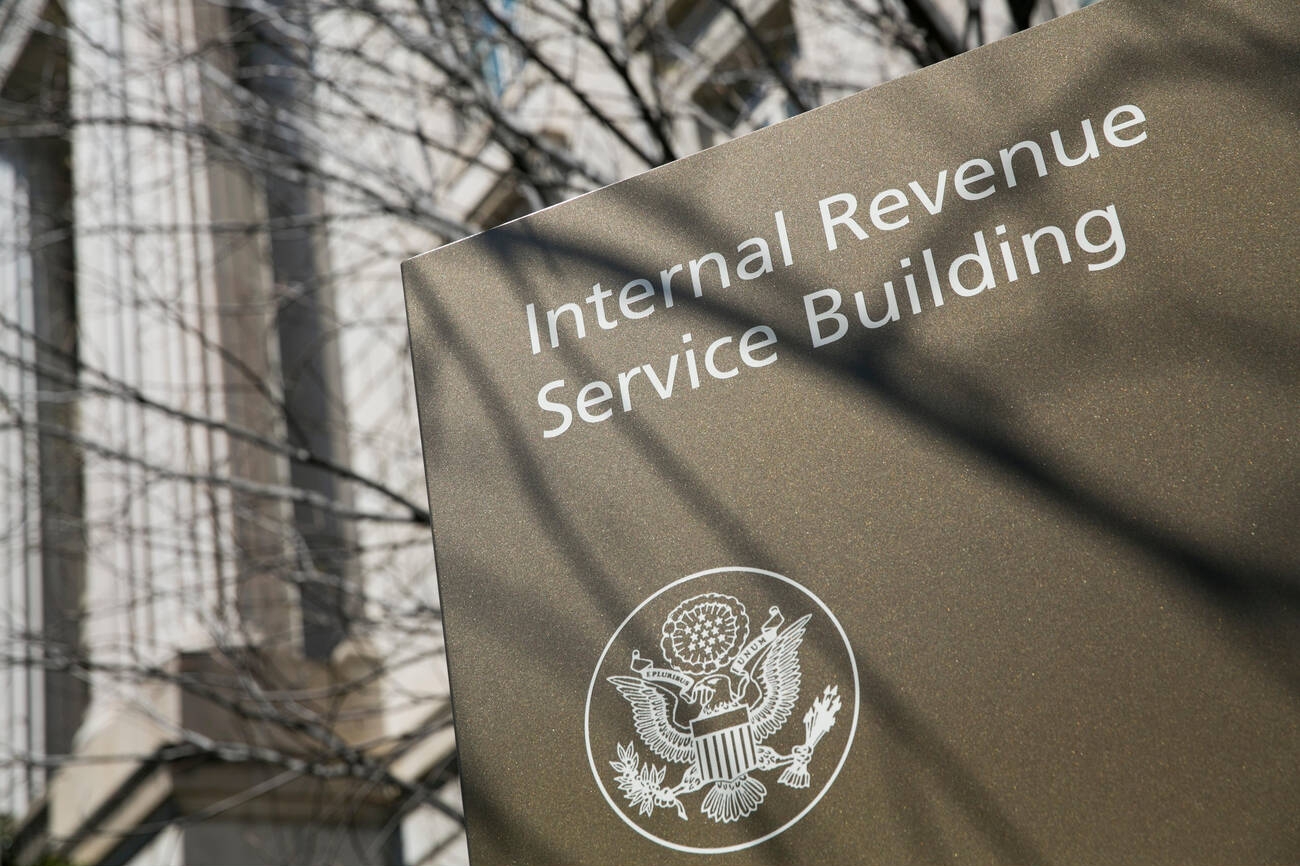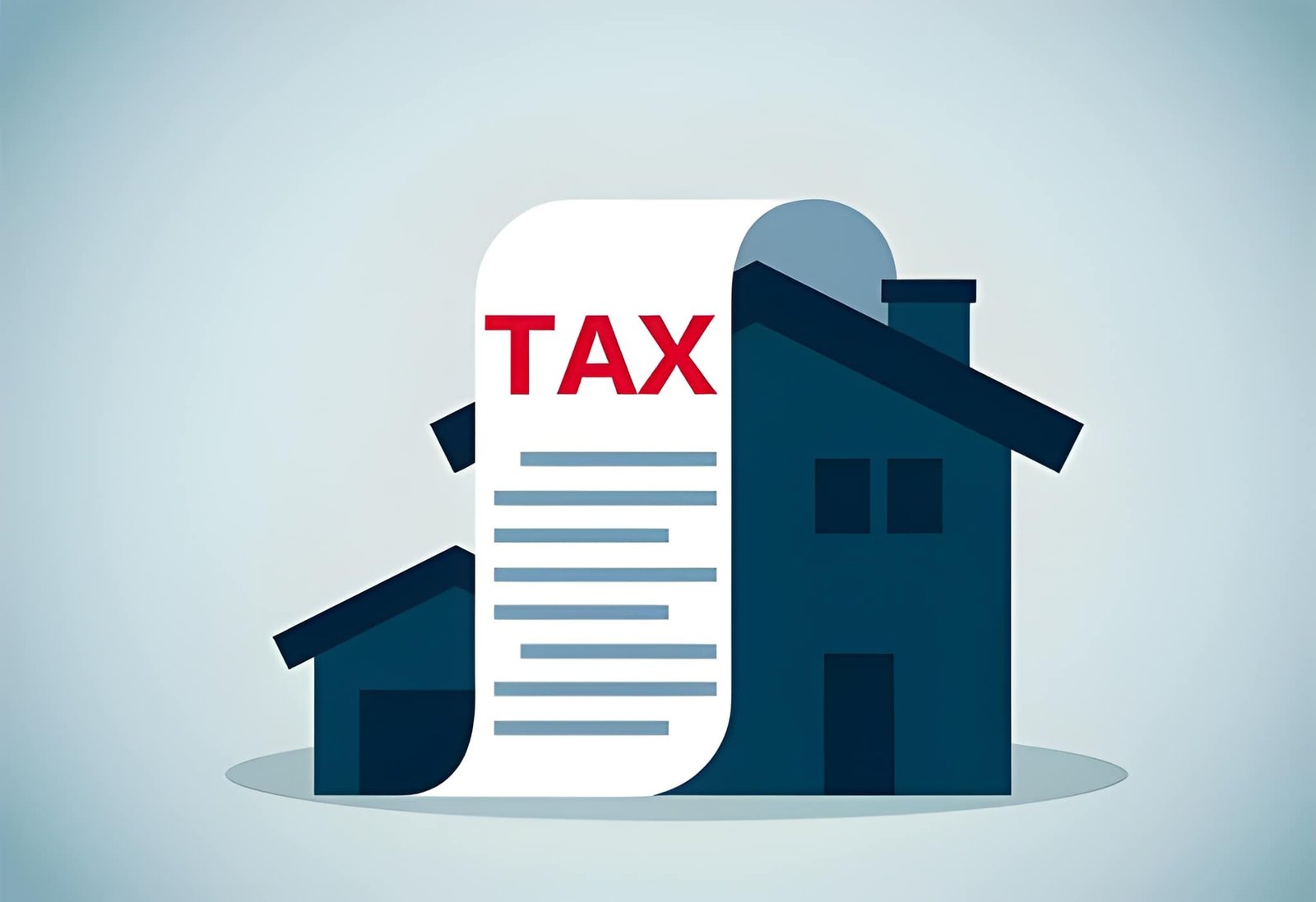The Treasury Department and the IRS released final regulations on Nov. 19 that will enable certain tax-exempt, governmental, and tribal entities that co-own clean energy projects access to the Inflation Reduction Act’s clean energy tax credits through elective pay, also known as direct pay.
“The guidance Treasury is issuing today provides greater clarity and flexibility for direct pay-eligible entities that want to jointly invest in clean energy projects—for example, a tax-exempt entity co-investing in a clean energy project with a for-profit developer, or multiple tax-exempt entities or governments that are seeking to jointly invest in clean energy projects,” the Treasury Department said in a media release on Tuesday.
Direct pay allows eligible entities and organizations—such as tax-exempt groups, Indian tribal governments, Alaska Native Corporations, the Tennessee Valley Authority, and rural electric cooperatives—to benefit from clean energy tax credits, according to Treasury and the IRS.
These entities can treat the credits as a payment against their federal income tax liabilities rather than as a nonrefundable credit. This means that the credits will first be used to offset the entity’s tax liability, and any excess will be refunded.
“Prior to the Inflation Reduction Act, many entities—like state and local governments, tribes and territories, public school districts, rural electric co-ops, and tax-exempt organizations like churches, hospitals, higher education institutions, and nonprofits—could not benefit from clean energy tax credits because they had little or no federal tax liability. Direct pay enables these entities and organizations to access the full value of clean energy incentives and helps projects get built more quickly and affordably to reduce costs and benefit businesses and communities,” Treasury said.
The final regulations also make targeted modifications to existing partnership tax rules clarifying how co-owned projects in the clean energy space can elect not to be treated as partnerships for tax purposes and providing such projects additional flexibility, according to the Treasury Department.
“These changes are important because under the Inflation Reduction Act, partnerships are not among the entities that are generally eligible for direct pay,” Treasury said. “By collectively electing out of partnership status, co-owners that are eligible for direct pay can take advantage of direct pay for the share of the project that they own while co-owners that are not eligible for elective pay could use transferability.”
The Treasury Department noted that in response to comments received, the final regulations clarify that eligible co-ownership arrangements can be organized to own and operate property giving rise to any of the Inflation Reduction Act credits where elective pay is available. It also enables such arrangements to invest in clean energy projects through a noncorporate entity.
Treasury and the IRS on Tuesday also released proposed regulations “that would provide additional administrative requirements for unincorporated organizations that opt out of partnership treatment under the modified rules,” the IRS said in a media release.
Before the proposed regulations are finalized, the IRS said it will consider comments regarding the notice of proposed rulemaking.
Thanks for reading CPA Practice Advisor!
Subscribe Already registered? Log In
Need more information? Read the FAQs




